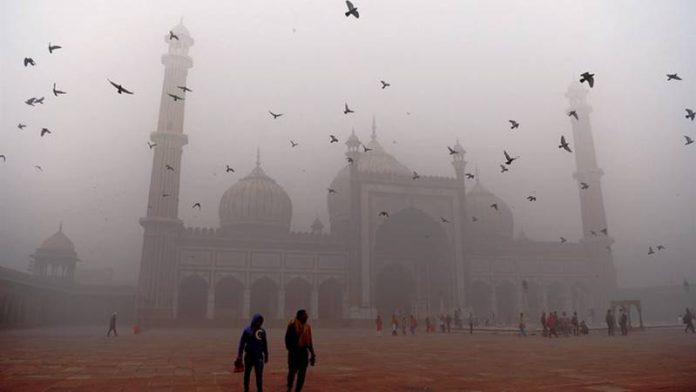The severe smog crisis in Punjab, particularly in Lahore and other affected districts, has prompted the provincial government to explore innovative solutions. The plan to induce artificial rain stands as a groundbreaking approach, marking the first such attempt in the country. This initiative, discussed in a recent meeting chaired by Provincial Environment Minister Bilal Afzal and Education Minister Mansoor Qadir, aims to mitigate the hazardous air quality that has led to health concerns and disruptions.
Scheduled for late November, the proposed artificial rain deployment aligns with anticipated cloudy weather, aiming to leverage atmospheric conditions for effective implementation. The emphasis on assembling a dedicated team underscores the seriousness of the endeavor, highlighting considerations such as the potential use of aircraft for rain induction. These proposals will undergo scrutiny and require approval from the chief minister, signifying a structured approach to this experimental solution.
The severity of the smog crisis has compelled measures beyond the experimental, with the Lahore High Court mandating the closure of educational institutions and advocating a work-from-home policy. These directives underscore the urgency of the situation, prioritizing public health and safety amid escalating pollution levels.
The proactive approach of the Punjab government in exploring unconventional methods to tackle environmental issues signals a commitment to finding innovative solutions. If successful, this pioneering attempt at inducing artificial rain could set a precedent for combating air pollution in the region, offering hope for a sustainable remedy amidst growing environmental concerns.


